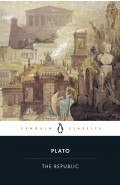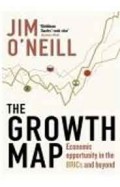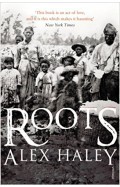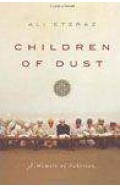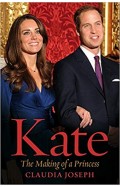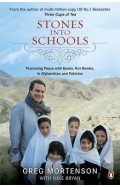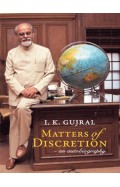The Inevitability of Tragedy - Henry Kissinger and His World
By: Barry Gewen
-
Rs 3,395.00
Due to constant currency fluctuation, prices are subject to change with or without notice.
A fresh portrait of Henry Kissinger focusing on the fundamental ideas underlying his policies: realism, balance of power and national interest.
The Inevitability of Tragedy is a fascinating intellectual biography that examines Henry Kissinger's role in American government through his ideas. It analyses the continuing controversies surrounding Kissinger's policies in such places as Vietnam and Chile by offering an understanding of his definition of realism; his belief that foreign affairs must be conducted through a balance of power; and his view that promoting democracy is likely to result in defeats for the United States. Barry Gewen places Kissinger's ideas in a European context by tracing them through his experience as a refugee from Nazi Germany and exploring the links between his notions of power and those of his mentor, Hans Morgenthau, as well as those of two other German-Jewish emigres-Leo Strauss and Hannah Arendt-who shared his concerns about the weaknesses of democracy.A fresh portrait of Henry Kissinger focusing on the fundamental ideas underlying his policies: realism, balance of power and national interest.
The Inevitability of Tragedy is a fascinating intellectual biography that examines Henry Kissinger's role in American government through his ideas. It analyses the continuing controversies surrounding Kissinger's policies in such places as Vietnam and Chile by offering an understanding of his definition of realism; his belief that foreign affairs must be conducted through a balance of power; and his view that promoting democracy is likely to result in defeats for the United States. Barry Gewen places Kissinger's ideas in a European context by tracing them through his experience as a refugee from Nazi Germany and exploring the links between his notions of power and those of his mentor, Hans Morgenthau, as well as those of two other German-Jewish emigres-Leo Strauss and Hannah Arendt-who shared his concerns about the weaknesses of democracy.The Inevitability of Tragedy - Henry Kissinger and His World
By: Barry Gewen
Rs 3,395.00 Ex Tax :Rs 3,395.00
Zubin Mehta: A Musical Journey (An Authorized Biography)
By: VOID - Bakhtiar K. Dadabhoy
Rs 840.00 Rs 1,050.00 Ex Tax :Rs 840.00
Growth Map: Economic Opportunity In The BRICs And Beyond
By: Jim O Neill
Rs 1,160.00 Rs 1,450.00 Ex Tax :Rs 1,160.00
Manning Up: How the Rise of Women Has Turned Men into Boys
By: Kay Hymowitz
Rs 995.00 Ex Tax :Rs 995.00
Growth Map: Economic Opportunity In The BRICs And Beyond
By: Jim O Neill
Rs 1,160.00 Rs 1,450.00 Ex Tax :Rs 1,160.00
No recently viewed books available at the moment.
Zubin Mehta: A Musical Journey (An Authorized Biography)
By: VOID - Bakhtiar K. Dadabhoy
Rs 840.00 Rs 1,050.00 Ex Tax :Rs 840.00
The Inevitability of Tragedy - Henry Kissinger and His World
By: Barry Gewen
Rs 3,395.00 Ex Tax :Rs 3,395.00
Growth Map: Economic Opportunity In The BRICs And Beyond
By: Jim O Neill
Rs 1,160.00 Rs 1,450.00 Ex Tax :Rs 1,160.00












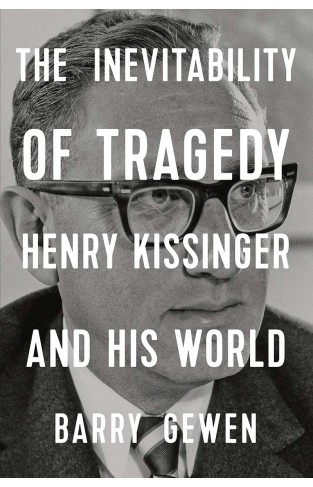
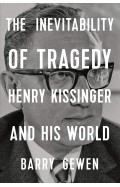
-120x187.jpg?q6)





